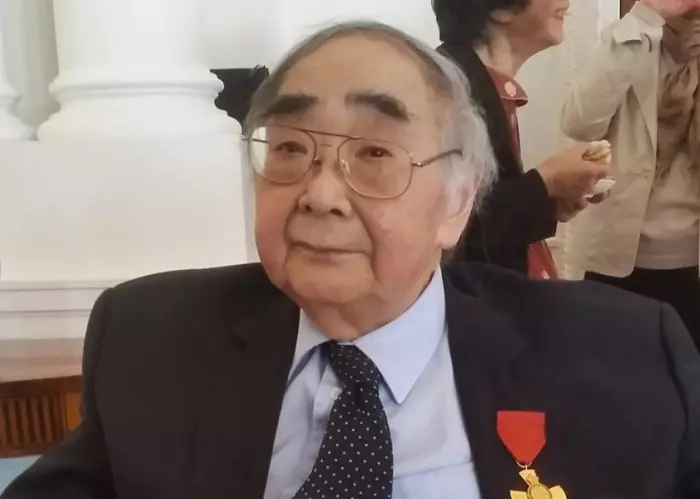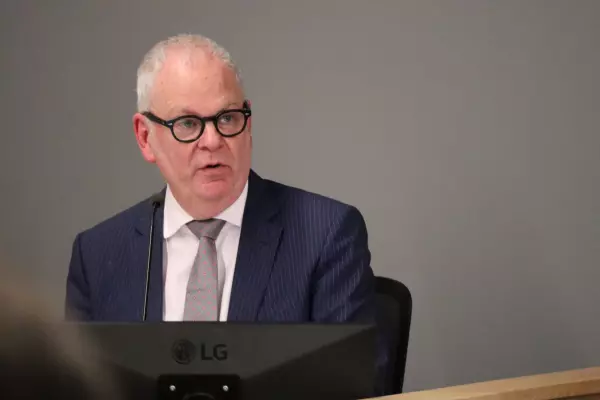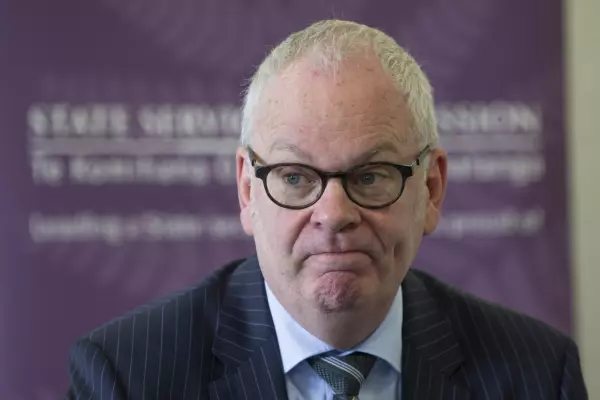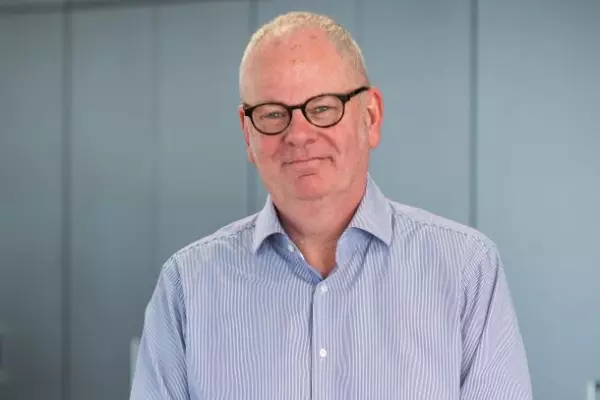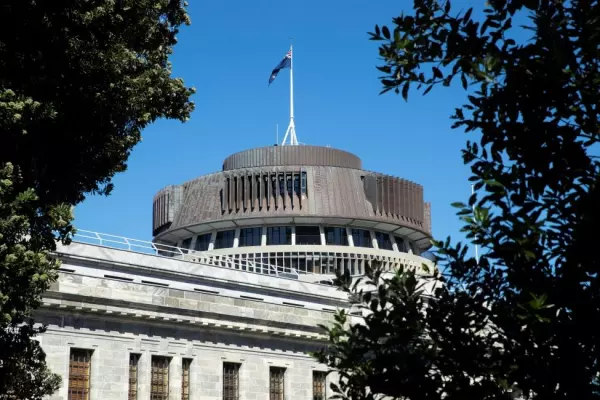Supreme court judge Joe Williams will tomorrow deliver an Ivan Kwok memorial lecture at the annual conference of the Institute of Public Administration of NZ. Nikitin Sallee profiles Kwok, who was an influential public servant for more than 40 years.
“You don’t need to legislate to do what’s right.”
That’s a “Kwokism” passed on to Kara Nepe-Apatu by the late Treasury solicitor Ivan Kwok as they worked on tricky Māori-crown issues.
While others were reading acts of parliament, planning procurement, studying previous policies and designing timelines and KPIs, Ivan advised, “‘go and talk to the people’,” Nepe-Apatu recalls.
This reasoning led to the only time she saw Kwok angry, says Nepe-Apatu, an advisor on Māori matters in the Treasury. At stake was a large commercial deal where the crown had obligations to iwi, and some officials saw this as a problem.
“This little short guy stands up, bangs the table, and says, ‘Look, we will never understand the value of whenua to Māori. This is about more than money. This is about land and whakapapa. We will never know the depths of that feeling, but we should at least try.’
“He was a legend. He was a Yoda. To us he was ‘The Kwok’,” Nepe-Apatu says.
Commerce, then the treaty
In more than 40 years at the heart of government, Ivan Kwok served under nine treasury secretaries and ten finance ministers and had a hand in virtually every policy reform across those decades.
In the late 1980s and early 1990s, he led the Treasury’s legal work on a wide range of commercial issues, including the creation of the state-owned enterprises, the large-scale privatisations of the Lange and Bolger governments, and rescues of the BNZ (twice) and Air New Zealand.
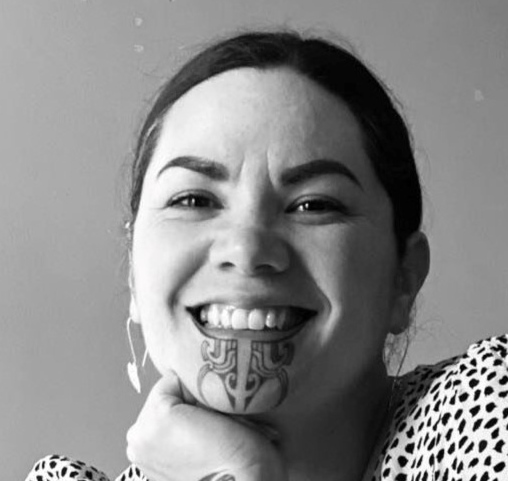 "Put the people first and then take the system with you," Ivan Kwok told Kara Nepe-Aputu (Image: supplied)
"Put the people first and then take the system with you," Ivan Kwok told Kara Nepe-Aputu (Image: supplied)His work on reforming government-owned businesses drew Kwok into the Treaty of Waitangi matters that became a big part of his life's work. The State-Owned Enterprises (SOEs) Act included a clause that prohibited the crown from acting “in a manner that is inconsistent with the principles of the Treaty of Waitangi”.
That vague statement was soon codified by the court of appeal in what Judge Matthew Palmer called “simply the most constitutionally significant court judgment in New Zealand’s history”. The court found that treaty’s principles “require the pākehā and Māori treaty partners to act towards each other reasonably and with the utmost good faith”.
That precedent applied initially to the transfer of assets to the new SOEs but led eventually to Māori gaining stakes in fisheries and broadcasting assets and helped set the underlying principles for treaty negotiations between iwi and the crown.
Kwok was involved in virtually every significant treaty settlement during the Helen Clark and John Key governments, including the path-breaking central North Island forestry and Tūhoe agreements.
On treaty issues, “Ivan always saw things in the longer term and from the point of view of what was the right thing to do”, the former treaty negotiations minister Chris Finlayson told BusinessDesk.
“He knew that treaty settlements were a chance to address a wrong, not merely a contest between iwi and the crown. While he was advising the crown, he also had an eye to making sure each settlement was enduring – realising that durability was ultimately in the crown’s interest and the national interest.
“He saw settlements as a matter of justice, not just the crown ‘winning’ the case,” Finlayson said.
Looking ahead
Kwok retired formally from the Treasury in 2016 but continued working part-time on things that interested him. From his room in a Wellington hospice during his final months, he led mini-seminars with friends and colleagues. These amounted to designing the NZ he expected them to help create after he was gone.
The essence of these speculations was published as an afterword in Finlayson’s book He Kupu Taurangi.
“All the big issues New Zealand faces – climate change, family violence, water allocation, child poverty, illegal drugs, crime – would be better solved if we learn from the methods and outcomes of the treaty settlements,” Kwok wrote.
“Wellington’s traditional philosophy is ‘we know what we’re doing; we define the problem; we design the answer, we tell you what it is, and then we implement it.’ That leaves little room for other people to have their views and knowledge included – and that means some options aren’t even considered …
“The rewards of a different approach are potentially great. When authority is delegated in the right way, locals have more control over the outcome and tend to impose accountability on themselves and each other. People are less likely to moan and groan when they have helped identify the problem and then design and implement the solution. In this, iwi are helping to show the way,” he wrote.
Finlayson observes that “with all his wisdom and knowledge, Ivan was nonetheless humble – unfailingly polite".
“Ivan could also be very funny. I remember he came to see ministers after one particularly outrageous Waitangi Tribunal decision.
“Ivan said, ‘I have good news and bad news. The bad news is that the tribunal has ruled comprehensively against the crown. The good news is that the tribunal’s reasoning is so bad that the ruling will certainly not have any effect.’”
It was in the commercial arena that Kwok endured the most difficult episode of his career. In a civil trial that lasted more than 18 months, the high court found Kwok was among senior officials who knew, or should have known, Equiticorp’s 1987 purchase of the crown’s majority stake in NZ Steel had been financed illegally.
The case cost taxpayers $267 million in reparations to Equiticorp debenture-holders. Equiticorp boss Alan Hawkins went to prison for fraud.
There was an internal investigation. Kwok kept his job after the then Treasury secretary Alan Bollard surveyed the commercial community and found “overwhelming support” for him.
Unwelcome limelight
Another former Treasury secretary, Graham Scott, believes Kwok’s legacy stands out in part because of the importance governments and the public sector now place on Māori issues. “Ivan was never prominent in the infusion of Māori culture through the public service,” Scott told BusinessDesk.
“He was a hard-working public servant who didn’t seek the limelight. He evolved from being the Treasury solicitor into somebody who was very dedicated to doing the best he could with the conduct of tricky settlement processes.
“He symbolises somebody who focuses on the substance of getting stuff done, rather than the appearances," Scott says.
“You could look at him and say he was just a public servant doing his job. So there's something a bit odd about this glorification of him, which he'd probably personally be embarrassed by.
“He didn’t want to be some kind of tin god.”
Disclosure: the author was a Treasury colleague of Ivan Kwok for several years.
Do you know something we should know? Email BusinessDesk's public sector investigation team: [email protected].


